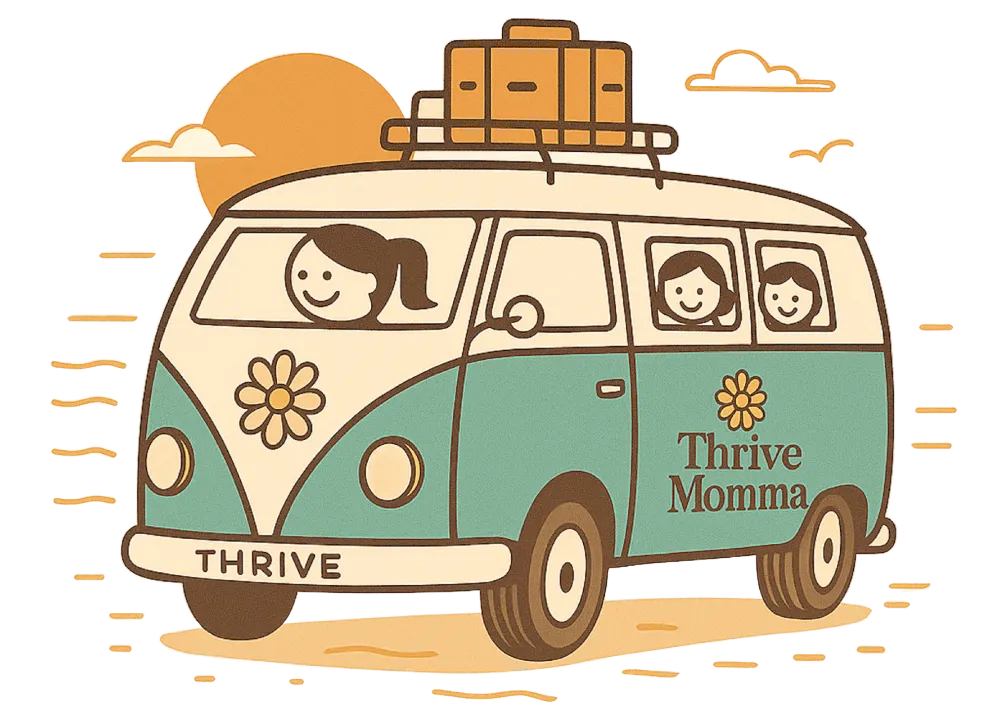Therapy, Dr Orna Style: Lessons from Therapy and TV - emotional insight, humour, and practical love for moms.
Nov 18, 2025
Lessons from Therapy and TV - emotional insight, humour, and practical love for moms.
Your partner loads the dishwasher like it’s abstract art. You breathe in. You breathe out. You both laugh, then argue about who always “breathes like that.” This post promises practical love: emotional insight with a wink—therapy vibes, Dr. Orna style—so you can get help earlier and love each other better.
Quick Takeaways
- Therapy is not a last-resort siren; it’s preventive care for your relationship.
- See how the pattern (not the people) is the problem—and how to change it.
- A 5-minute repair, weekly micro-routines, and scripts you can actually use.
- Free PDF: Couples Therapy Insights (download below).
Why therapy (still) has a PR problem—and why we’re done with that
Somewhere along the timeline, couples therapy got branded as the “final stop before Splitsville.” In reality, healthy couples do maintenance, not crisis-only care. When we wait until resentment calcifies, therapy becomes the emotional equivalent of a renovation during a rainstorm. Doable? Yes. Ideal? No.
Dr. Orna-style therapy shows something tender and real: therapy is a lab for connection. The therapist doesn’t choose sides; they ally with the relationship. That’s the reframe: you and your partner versus the pattern, not you versus them.
Therapy is not an admission of failure. It’s an act of love—toward your partner, your kids, and your future self.
What therapy actually looks like (and how it helps parents)
- It maps your pattern. Naming the dance lowers shame and raises choice.
- It slows arguments. “When X happens, I feel Y and need Z.”
- It builds repair muscles. Fights happen; repair keeps love resilient.
- It centers values. What kind of home do we want kids to grow in?
- It uses small experiments. Try one micro-change for a week and keep what works.
The misconception spiral: “But won’t therapy make things worse?”
Short answer: expect feelings; also expect more safety. You’ll surface patterns, which can feel raw. Good therapy sets the pace, adds tools, and checks in so the process stays productive. If safety is a concern, seek individual support and community resources first. Therapy complements medical and legal support and is not a crisis service.
The 5-minute repair (use tonight)
- Name it: “We hit a snag about ____. I want it to be us against the problem.”
- Own one piece: “My part was ____. I’m sorry.”
- Needs over blame: “I was needing ____, and I didn’t say it well.”
- One next step: “Could we try ____ for 10 minutes tonight?”
- Appreciate: “Thanks for staying in this with me.”
The weekly micro-routine (15 minutes, phones away) and share:
- Three wins from the week
- One hard moment (keep it short)
- One tiny improvement for next week
Timer on. Tea optional. Gold stars awarded for showing up.
When therapy helps most (spoiler: before the volcano)
- The same argument in different costumes
- Parenting script clashes
- Feeling like roommates
- Talking about sex, money, in-laws without panic
- Transitions: grief, job stress, health changes
“Dr Orna style” at home: the heart of it
- Curiosity over certainty — “Tell me more” beats “I already know.”
- Feelings have jobs — anger protects; sadness signals loss; fear scans for risk.
- Two truths together — “I’m overwhelmed” and “I still want to show up.”
- Repair > rightness — You can win a point and lose the relationship.
Barriers that keep moms out (and how to lower them)
- Time: Telehealth or biweekly sessions; occasional 75-minute sessions.
- Cost: Sliding-scale, community clinics, benefits coverage.
- Childcare: Kid-swap with another family; book during school hours.
- Fear of judgment: The goal isn’t to find a villain—it’s to find a better dance.
For the kids: what they learn when you go
- Problems are talked about, not hidden.
- Feelings are signals, not shame triggers.
- Love is practice, not magic.
Find a therapist (Canada-friendly tips)
Search provincial colleges/associations (psychologists, social workers, counsellors). Ask about approach (EFT, Gottman, IFS-informed, ACT), virtual options, sliding scale, and how they track progress. If the fit is off, it’s okay to switch—chemistry matters.
Download your free tool
PDF: Couples Therapy Insights, Sandbox link
Gentle call to action
- Book 6-Session Coaching (practical, judgment-free, neurodiversity-friendly).
- Join our free community for weekly ideas.
- Share this post with a friend who needs a hopeful nudge.

